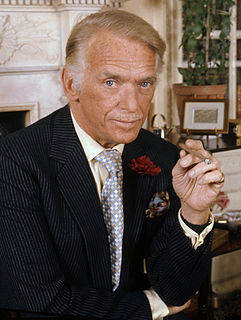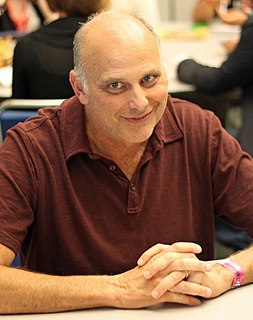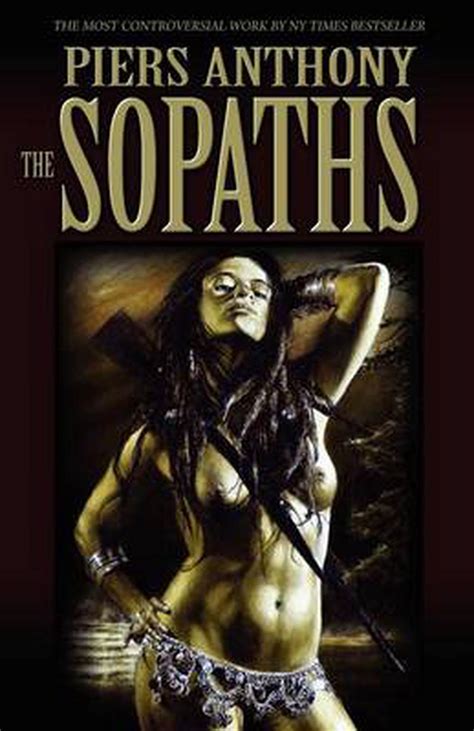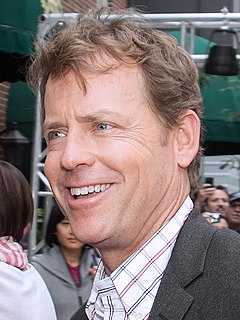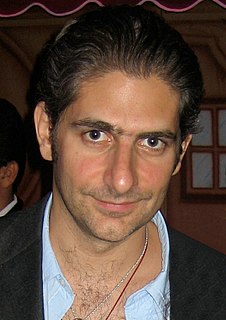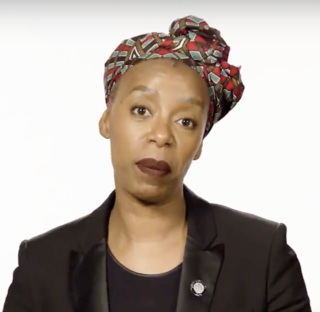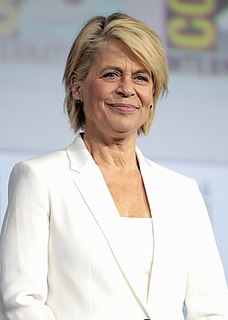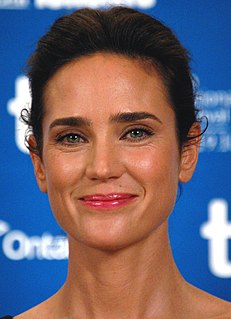A Quote by Douglas Fairbanks, Jr.
Curiously enough, I was one of the first to have some say in Hollywood. By sheer accident, I had four successes in a row in the early 30's and, although I was still in my 20's, I demanded and received approval of cast, story and director. I don't know how I got away with it, but I did!
Related Quotes
My quality of life is more amazing than I ever could've imagined in those 20 years of struggling with illness. In those 20 years, I did not know the meaning of the word hope. It was just a bleak, difficult existence. With all the gifts, with all the successes that I had, it was still an incredibly bleak way of living and I want to be a messenger of hope.
The irony is I did an intimate film in France with no stars and that got me to Hollywood. It got me to the Oscars. If I had tried to imitate the Americans or the Hollywood movies with a commercial recipe, I'd never have gotten to Hollywood. Although, it was not my goal in any way, and I never thought there was any connection between Monsieur Lazhar and the Oscars.
I think it's wonderful when a love story begins with a great deal of romance and affection, passion and excitement, that's how it should be. But I don't necessarily know that it's the wisest thing in the world to expect that it ends there, or that it should, 30 years down the road, still look as it did on the night of your first kiss.
You know when I was 20 and 30, they were insecurities. Now they're just a new normal. I'm 60 years old, so my expectations of who I am and how I look and how I show up in the world had to shift. Not because I couldn't help it, or not because I did anything wrong, but because I had to get into the natural flow of my being as a woman.
